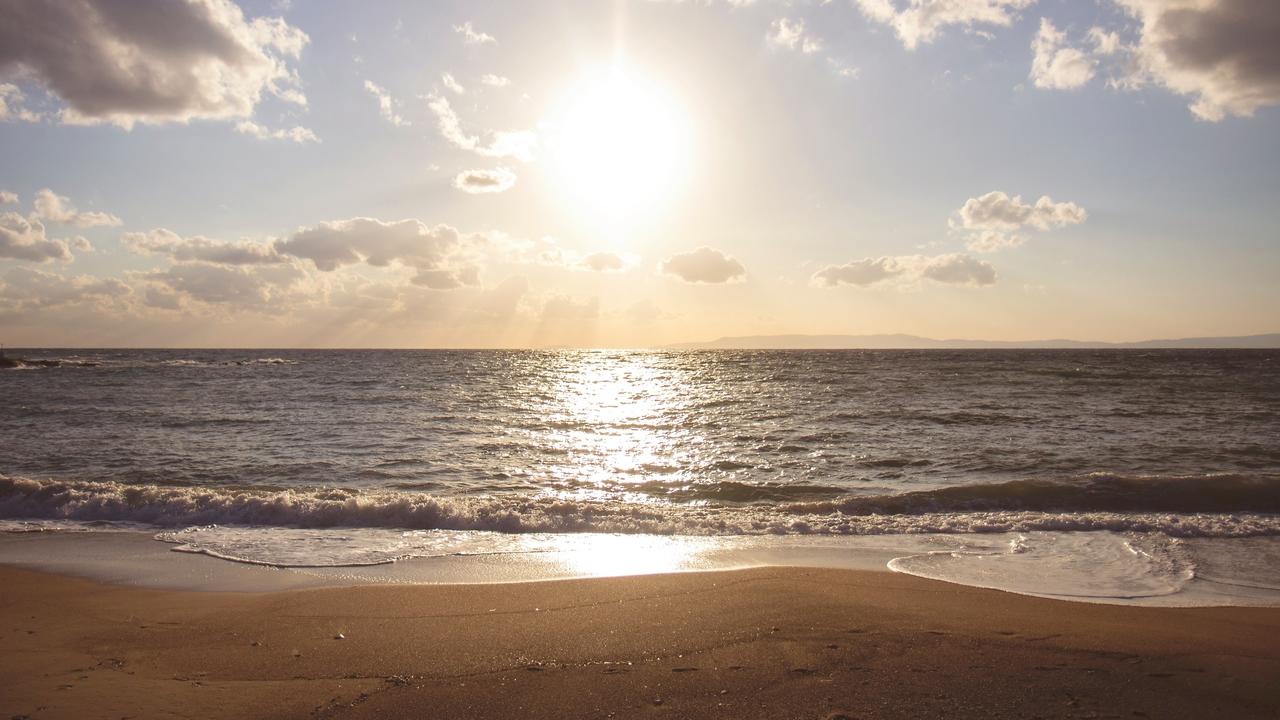
3 Tips to Manage Summer Sun
Jun 23, 2015Summer is here! Those of us who lived through a difficult winter in the northeast are especially excited to enjoy the outdoors. But how does a health conscious mom manage three young children who love
plying outside and the fact that skin cancer is growing? ("Pediatric melanoma increased by an average of two percent per year from 1973 to 2009," according to the Skin Cancer Foundation.)
1. Avoid the sun's most powerful times. Depending on where you live, the sun's most damaging rays are generally 10am to 2pm. If you have a smart phone, consider downloading an app that informs you of your area's UV index. I recently downloaded one called Haze by Robocat. The kids are enjoying outdoor summer fun activities before and after the sun's most damaging times. Indoors, we have many fun activities planned, including cooking and indoor gardening projects.

2. Have everyone wear hats and sun protective clothing. Your first line of defense should be SHADE! Second, use hats, sun protective clothing, and even parasols (my daughters love them).

3. Use the safest sunscreens available. Supplementing the two most important tips above, we use thoughtfully selected sunscreens. Use the sunscreen database by the Environmental Working Group (EWG), where you can find a "hazard rating" that the EWG has assigned a product. The EWG will help you avoid the most risky ingredients like vitamin A, also called retinyl palmitate, retinyl acetate, retinyl linoleate and retinol. Also, sunscreen creams are safer than sprays, which facilitate inhaling of toxic chemicals like nano particles.

🎁 unlock your ULTIMATE HOME DETOX™ starter pack
Download the Ultimate Home Detox™ Starter Pack—your free set of practical, science-backed tools to begin reducing toxic exposures in your everyday life.
- Nontoxic Cleaning Guide
- Forever Chemicals Detox Starter
- EMF Detox Challenge
- Safe Cookware Starter Kit
- Kitchen Detox Checklist
- Fertility / Pregnancy / Children's Detox
Join 349,000+ people who’ve turned to Ruan Living for trusted, practical nontoxic guidance. These resources have helped thousands begin their journey toward a healthier home—and they’re yours, free.
GET YOUR ULTIMATE HOME DETOX™ STARTER PACK NOWWe hate SPAM. We will never sell your information, for any reason.






